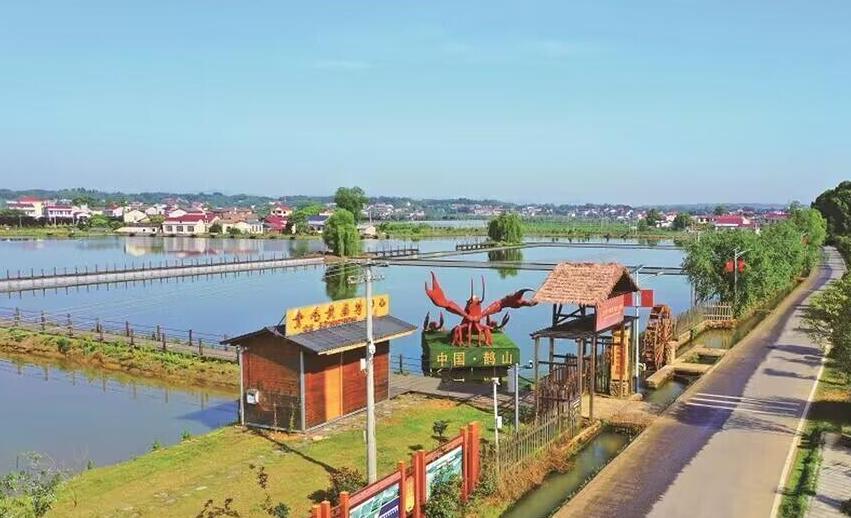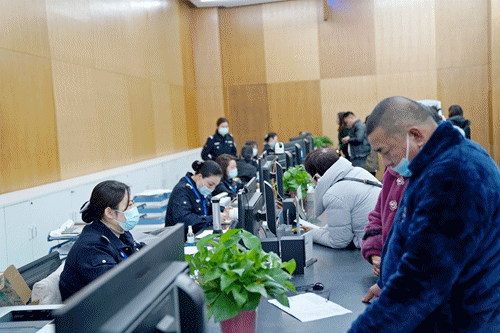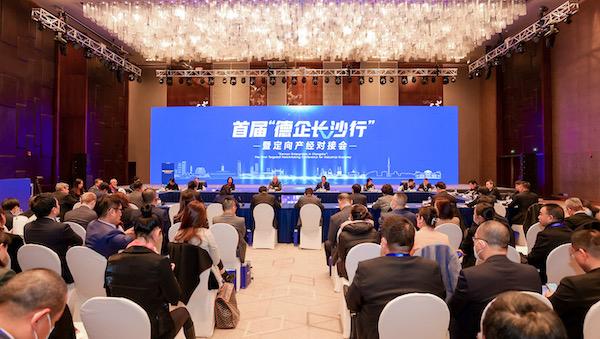Hunan, Hubei and Jiangxi annual travel card released
The launching ceremony of the annual travel card for Hunan, Hubei and Jiangxi in the middle reaches of the Yangtze River was held simultaneously in Changsha, Wuhan and Nanchang on December 14. With the card, people can visit more than 300 tourist attractions in these three provinces.

The card is priced at 300 yuan, with an accumulative value exceeding 50,000 yuan. Cardholders can enjoy free tickets to more than 300 attractions in these three provinces, including over 20 5A tourist attractions like the Dongjiang Lake, Taohuayuan, Langshan Mountain and Emperor Yan’s Mausoleum. The card will take effect on January 1, 2023.
Cardholders are required to make a reservation online and do facial recognition before entering the scenic areas. It will help reduce the time of queuing up for collecting tickets.
The launching of this annual travel card will inject strong impetus into rural revitalization, regional development and consumption prosperity in Hunan, Hubei and Jiangxi.
This activity is aimed at further promoting the integrated development of cultural tourism, unleashing the consumption potentials of cultural tourism, and enhancing the reputation and influence of cultural tourism brands in these three provinces.
What’s more, more scenic areas are encouraged to join in this activity to provide preferential policies for tourists.
In response to the strategies of coordinated development and high-quality development of culture and tourism in these three provinces, this activity is aimed at meeting the growing needs of the people for diversified and personalized cultural tourism consumption. It marked that the work of tourism cooperation development alliance of these three provinces entered a higher level.
The departments of culture and tourism of these three provinces also jointly held the themed forum of “jointly building an important growth pole of culture and tourism”, during which experts from the industry and academia discussed and exchanged ideas about building tourism cooperation development alliance, regional coordinated development and creating cultural and tourism brands.

The card is priced at 300 yuan, with an accumulative value exceeding 50,000 yuan. Cardholders can enjoy free tickets to more than 300 attractions in these three provinces, including over 20 5A tourist attractions like the Dongjiang Lake, Taohuayuan, Langshan Mountain and Emperor Yan’s Mausoleum. The card will take effect on January 1, 2023.
Cardholders are required to make a reservation online and do facial recognition before entering the scenic areas. It will help reduce the time of queuing up for collecting tickets.
The launching of this annual travel card will inject strong impetus into rural revitalization, regional development and consumption prosperity in Hunan, Hubei and Jiangxi.
This activity is aimed at further promoting the integrated development of cultural tourism, unleashing the consumption potentials of cultural tourism, and enhancing the reputation and influence of cultural tourism brands in these three provinces.
What’s more, more scenic areas are encouraged to join in this activity to provide preferential policies for tourists.
In response to the strategies of coordinated development and high-quality development of culture and tourism in these three provinces, this activity is aimed at meeting the growing needs of the people for diversified and personalized cultural tourism consumption. It marked that the work of tourism cooperation development alliance of these three provinces entered a higher level.
The departments of culture and tourism of these three provinces also jointly held the themed forum of “jointly building an important growth pole of culture and tourism”, during which experts from the industry and academia discussed and exchanged ideas about building tourism cooperation development alliance, regional coordinated development and creating cultural and tourism brands.

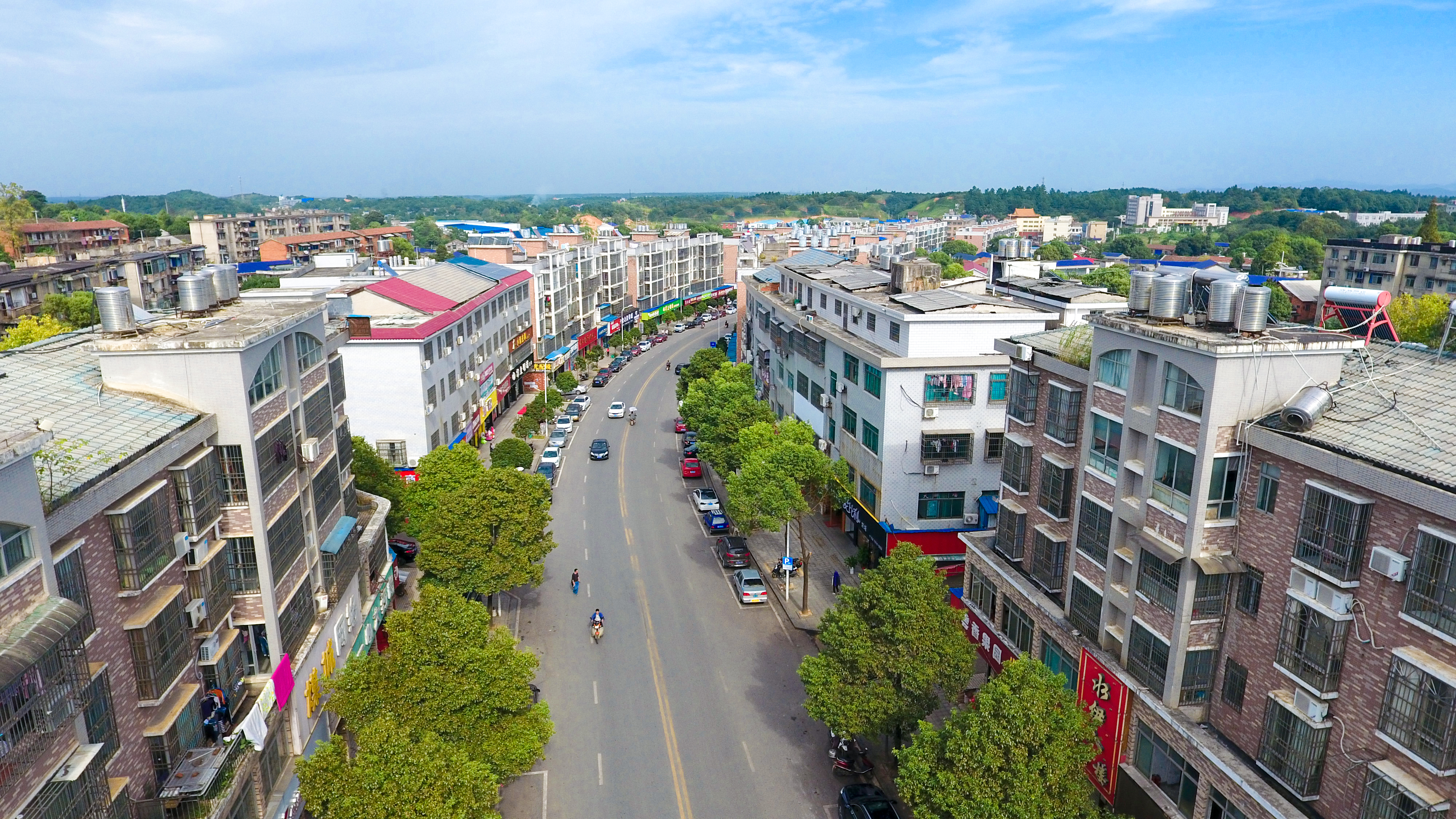 Ningxiang listed on China’s top 100 counties with comprehensive competitiveness
Ningxiang listed on China’s top 100 counties with comprehensive competitiveness  College welcomes a student of courage
College welcomes a student of courage 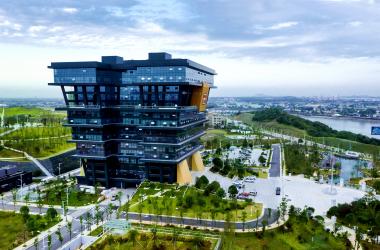 Changsha Blue Moon Valley Intelligent Home Appliances Industrial Town
Changsha Blue Moon Valley Intelligent Home Appliances Industrial Town 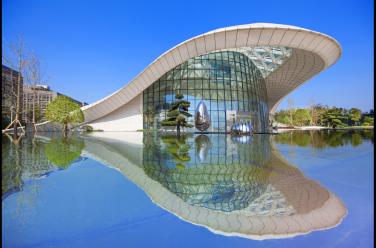 This is Ningxiang High-tech Zone
This is Ningxiang High-tech Zone 